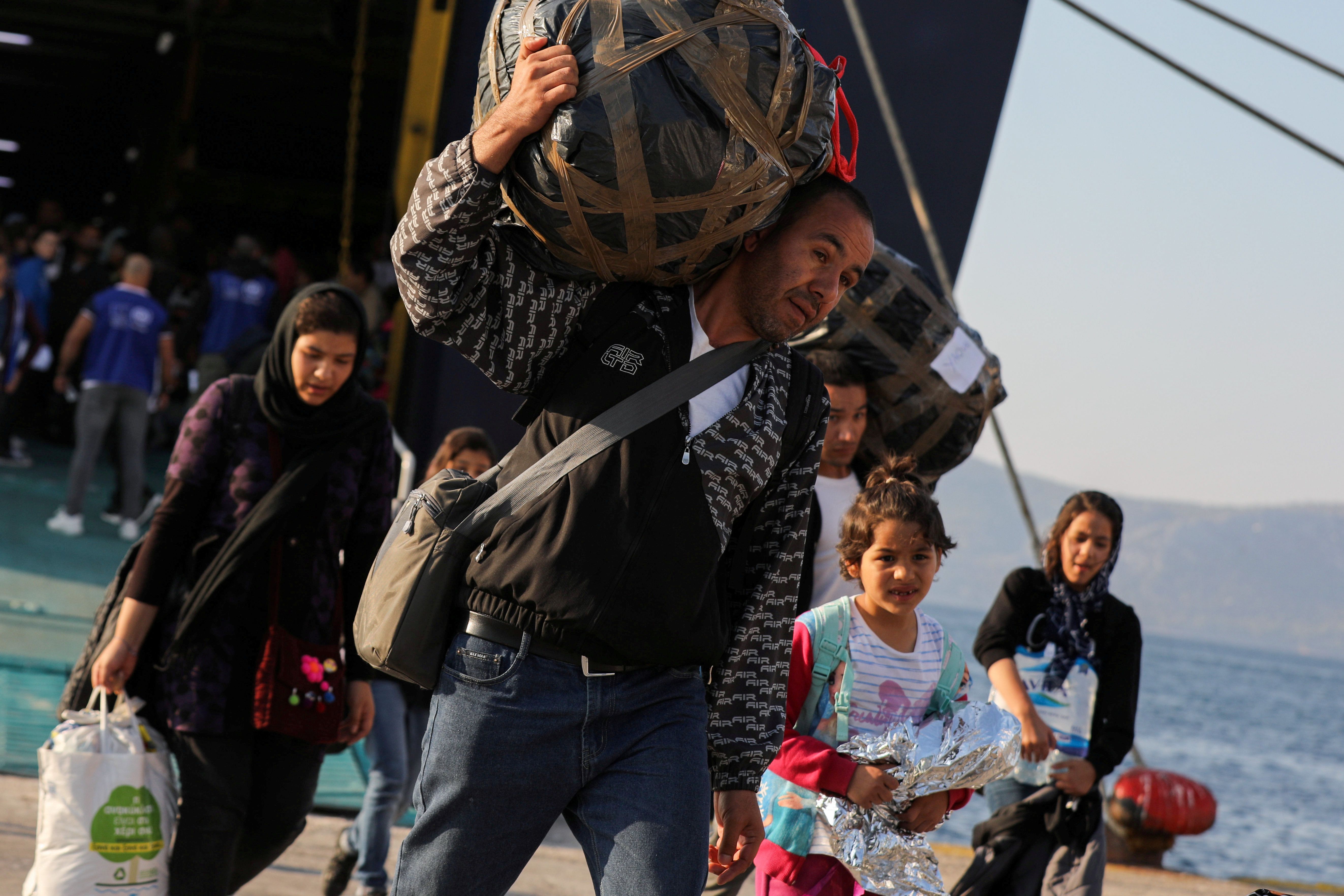3 months ago: A new EU plan for refugees – Back in July, we wrote about the EU's attempt to find a bloc-wide solution to the surge in migrants arriving to that region, mostly by sea. France's President Emmanuel Macron presented a vague plan – a "solidarity mechanism" – to resettle those arrivals across EU countries. It was backed by only 14 of the EU's 28 member states, as many countries opposed absorbing the 92,000 migrants and refugees that have arrived in Europe this year. The main dissent came from Italy's firebrand right-wing Interior Minister Matteo Salvini, whose country has borne the brunt of boat arrivals. But although Salvini lost his post in August, not much has changed. Germany, which is now also leading negotiations, has pledged to accept as many as 25 percent of all rescued refugees, but consensus on a bloc-wide policy for distributing and supporting those who arrive by land and sea remains at an impasse. The eurozone's migration policy will soon fall under a new EU office dedicated to "protecting our European way of life." Considering the hard-liner phrasing, it's hard to imagine a migration-friendly bloc-wide policy taking hold anytime soon.
6 months ago: Can Macron turn things around? – Six months ago, we pondered what France's President Emmanuel Macron might do to quell months of increasingly violent protests by the anti-government Yellow Vest movement. With his popularity rating hovering around 21 percent, Macron announced key reforms: he swiftly scrapped the fuel tax that had initially sparked the uprising, cut taxes for the middle-class, and directed $11 billion to social benefits, blowing up France's budget deficit. He also embarked on a months-long "listening tour," hoping to challenge the view that he was disconnected from average people's plights. And it worked: the protests fizzled and his approval rating soared by almost 20 points. Macron, a torchbearer for global progressivism, has managed to soften his image and return from the political dead – for now. Whether he can keep the calm for another two years until he's up for re-election remains to be seen.
9 months ago: The endgame in Venezuela? – As we wrote in January, Venezuela's politics were in disarray when a mounting wave of street protests, fueled by the charismatic opposition leader Juan Guaido, dealt the toughest test to President Nicolas Maduro since he took power in 2013. Mired in one of the largest peacetime economic collapses in modern history, Maduro's regime seemed to be on the ropes. But Guaido's attempt to overthrow the socialist leader through mass protests and a failed coup has come up short. How has Maduro managed to stay afloat? For one thing, the military brass – which profits handsomely from the regime's black markets and drug trafficking – has stuck with him, despite (and perhaps because of) tightening US sanctions. Meanwhile, the once massive protest movement behind Guaido has flamed out with little to show for their sacrifices. The approval rating for Guaido, who is still recognized as interim president by most of the world's democracies, has plummeted, providing an opening for Maduro to go on the offensive: he recently signed a "peace deal" with opposition parties other than Guaido's, splitting the enfeebled opposition. As the country's economy teeters on the brink of collapse, one thing is clear: Venezuela's political system is way stronger than many outsiders anticipated.
More For You
Walmart is investing $350 billion in US manufacturing. Over two-thirds of the products Walmart buys are made, grown, or assembled in America, like healthy dried fruit from The Ugly Co. The sustainable fruit is sourced directly from fourth-generation farmers in Farmersville, California, and delivered to your neighborhood Walmart shelves. Discover how Walmart's investment is supporting communities and fueling jobs across the nation.
Most Popular
President Trump’s second term has rapidly reshaped global politics, with the US wielding power more aggressively, targeting weaker countries and even allies, Stephen Walt explains on GZERO World.
Ian Bremmer breaks down a sudden and serious transatlantic crisis: President Trump’s insistence that the United States must have sovereignty over Greenland.
It’s been a year since President Trump returned to office. How has the world changed? Stephen Walt joins Ian Bremmer on GZERO World.
